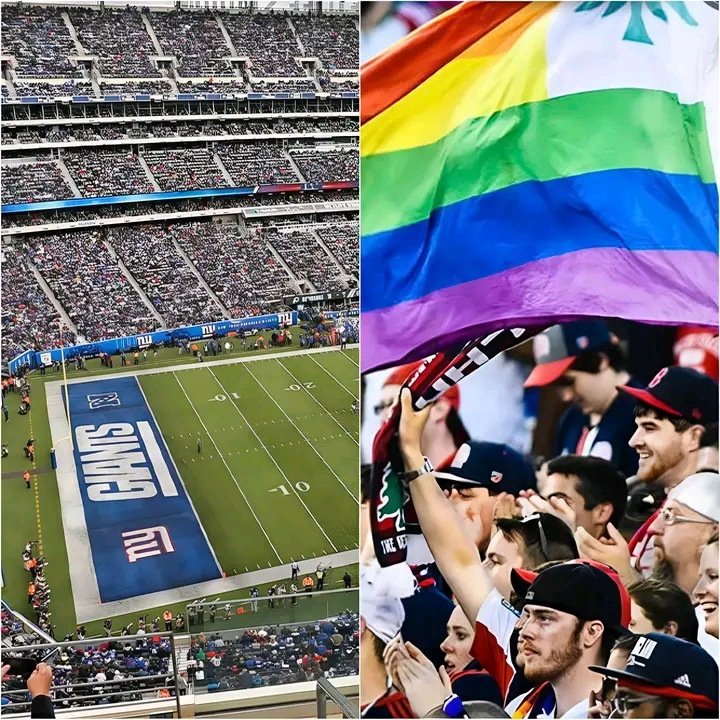NFL
Pride Flags Permanently Banned By MLS For FIFA Club World Cup 2025, “No More Woke Prides”

Major League Soccer (MLS) has ignited a firestorm of controversy after announcing a permanent ban on Pride flags during the FIFA Club World Cup 2025. The decision, which league officials describe as an effort to “maintain a neutral and unified environment,” has been met with swift backlash from LGBTQ+ advocacy groups, players, and fans alike. The announcement has turned what was supposed to be a celebration of global soccer into a heated debate over the intersection of sports, identity, and free expression.
Soccer should be about the game, not political or social statements,” MLS Commissioner Don Garber stated in a press release. “Our goal is to create an atmosphere that unites fans from all walks of life, not divides them.”
According to MLS, the decision to ban Pride flags—and potentially other symbolic displays—stems from a desire to create a “neutral playing field” for the highly anticipated international tournament. The league claims that removing such displays will allow fans to focus on the game itself, free from the distractions of sociopolitical messaging.
“We recognize the importance of representation,” Garber continued, “but the FIFA Club World Cup is a global event that transcends any one group or cause. Our decision is about respecting that global diversity.”
However, critics argue that this so-called “neutrality” disproportionately silences marginalized communities. “Calling it neutrality is just a way to avoid saying what it really is: exclusion,” said Sarah Collins, spokesperson for Rainbow Pitch, an LGBTQ+ advocacy group for soccer fans.
The reaction was immediate and impassioned. LGBTQ+ organizations and their allies denounced the ban as regressive and harmful, accusing MLS of bowing to pressure from conservative factions. Social media erupted with hashtags like #PrideInSoccer and #LetTheFlagsFly, with fans around the world expressing their disappointment.
“This isn’t about keeping politics out of soccer,” tweeted one fan. “It’s about erasing people’s identities from a sport they love.”
Even some players have joined the chorus of dissent. “As an athlete, you’re told to bring your whole self to the field,” said an anonymous MLS player. “But when fans are told they can’t bring Pride flags, it feels like the league is saying their whole selves aren’t welcome.”
On the other side of the debate, supporters of the ban argue that sports should remain a sanctuary from the contentious issues of the day. “People go to soccer matches to escape politics, not to confront it,” said one commentator. “The ban ensures that everyone, no matter their beliefs, can enjoy the game without feeling alienated.”
Some fans believe the ban is a practical solution for a tournament that will attract teams and fans from countries with vastly different cultural norms. “If MLS wants to avoid controversy, this is the easiest way to do it,” said a supporter. “This isn’t about targeting anyone—it’s about keeping the peace.”
The move by MLS has drawn comparisons to FIFA’s handling of LGBTQ+ visibility during the 2022 World Cup in Qatar, where rainbow armbands and flags were similarly restricted. Critics fear that MLS’s decision signals a continuation of that trend, even in countries where LGBTQ+ rights are more widely accepted











